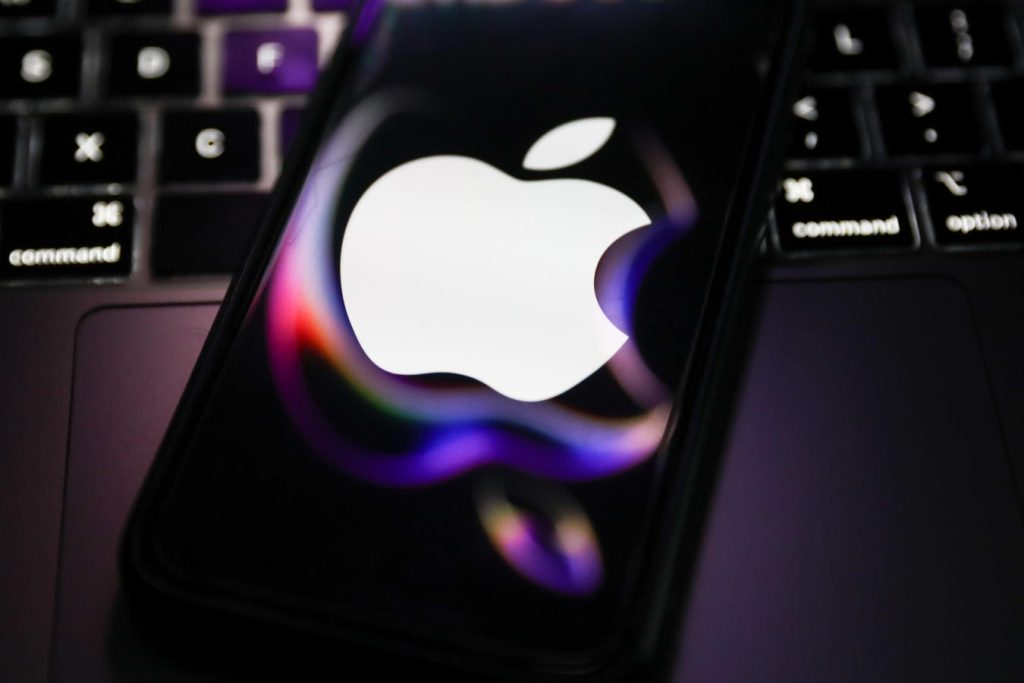This week in Apple news, there have been several interesting developments. The iPhone 16 leaks have revealed potential information on the camera and Apple’s Spatial Computing plans. The design of the iPhone 16 is rumored to feature two vertically aligned camera lenses, possibly to accommodate spatial video recording capabilities for Apple’s mixed reality headset. These leaks give us a glimpse of what to expect from the next-generation iPhones.
In terms of AI capabilities, Apple has confirmed that only the iPhone 15 Pro and 15 Pro Max will support Apple Intelligence AI. This limitation is due to a combination of factors such as memory, processor, and bandwidth on the board. Apple’s John Giannandrea explained that the inference of large language models is computationally expensive, requiring significant resources that older devices may not be able to handle.
Apple is expected to release the latest M4 silicon in a new MacBook Pro before Christmas. The entry-level 14-inch MacBook Pro is rumored to be getting an M4 chip, while the 14-inch and 16-inch models will be updated with M4 Pro and M4 Max chips. Other Mac devices such as the Mac mini will also receive M4 chips, while the MacBook Air, Mac Studio, and Mac Pro models will have to wait until 2025 for an update.
Although Apple has yet to ship its Apple Intelligence AI software to the public, the tech giant has made efforts to share its AI capabilities through open-source initiatives. Apple has uploaded 20 new Core ML models and 4 datasets to Hugging Face, a leading community platform for sharing AI models and code. This move aims to empower developers with cutting-edge on-device AI capabilities.
Despite the upcoming release of iOS 18 with the iPhone 16, Apple Intelligence may not be available until early 2025. Siri will receive some enhancements in iOS 18, but significant improvements to Apple’s virtual assistant are expected to arrive in a later update. Analysts believe that the launch of AI for the iPhone could trigger a supercycle of iPhone sales, as millions of users in Apple’s installed base may upgrade their smartphones to access AI capabilities.
Lastly, there has been a shift in Apple’s branding strategy, with product names now starting with “Apple” instead of “i”. This change has sparked discussions and theories among consumers, with some suggesting that it is a marketing ploy to ensure brand recognition. The transition from “i” to “Apple” in product names reflects the company’s evolution and may help reinforce the Apple brand in consumers’ minds.


